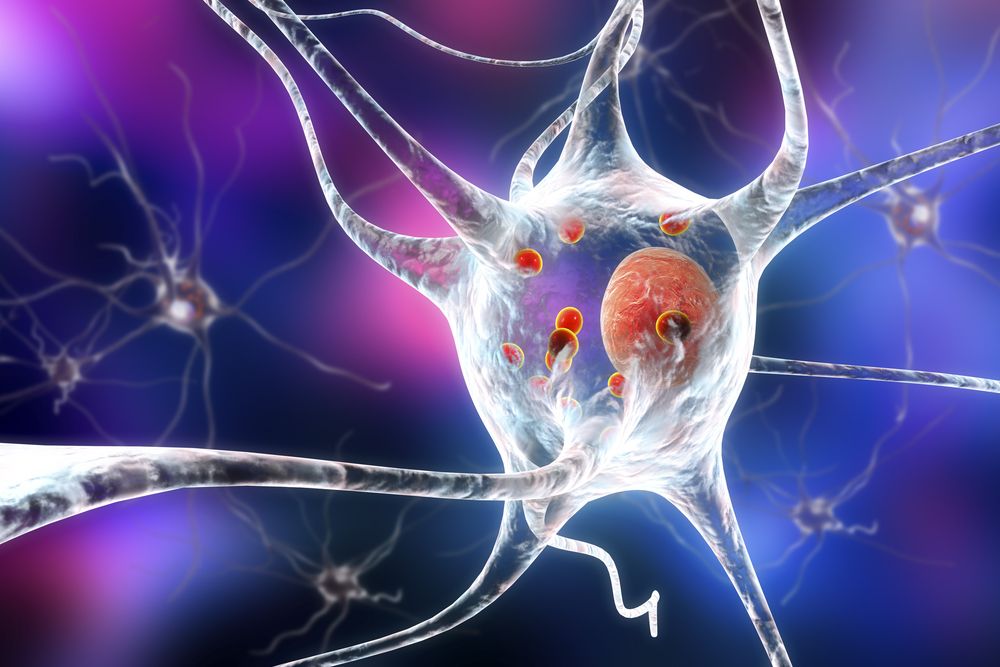Researchers at Georgetown University Medical Center discovered that the protease USP13 (ubiquitin-specific peptidase 13) plays a role in the accumulation of toxic alpha-synuclein aggregates that characterize Parkinson’s disease [1].
Abstract
Ubiquitin specific proteases (USPs) are de-ubiquitinases that control the protein ubiquitination cycle. The role of de-ubiquitinases is poorly understood in neurodegenerative diseases. We found that USP13 is overexpressed in the post-mortem Parkinson’s disease (PD) brain. We investigated whether changes in USP13 levels can affect two molecules, parkin and alpha-synuclein, that are implicated in PD pathogenesis. Parkin is an E3 ubiquitin ligase that is regulated by ubiquitination and targets certain proteins for degradation, and alpha-synuclein may be ubiquitinated and recycled in the normal brain. We found that USP13 independently regulates parkin and alpha-synuclein ubiquitination in models of alpha-synucleinopathies. USP13 shRNA knockdown increases alpha-synuclein ubiquitination and clearance in a parkin-independent manner.
